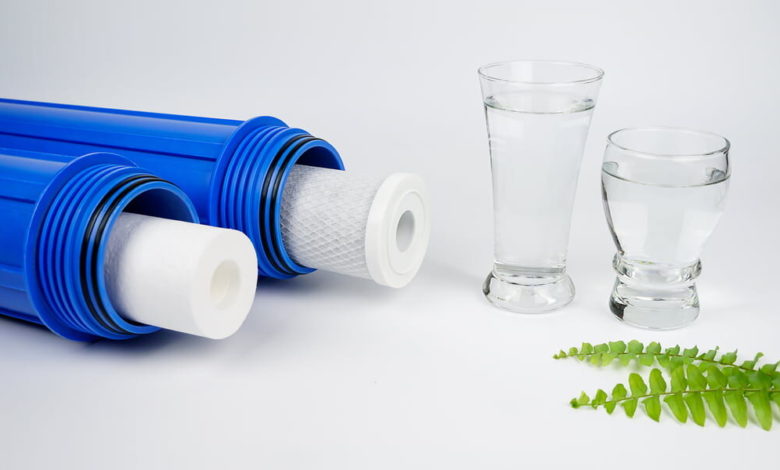Why It’s Important To Filter Water: Some Tips You Would Need to Have

Despite water’s ubiquitous presence in our lives, we seldom stop to consider the source of our supply or the extent to which it has been purified. We expect the finest quality work and treat it as such. Many individuals find that tap water is unfit for consumption, hence water filters are a need in their homes. One of the key reasons why water filtration is so essential is that it provides people with access to clean water that is free of pollutants, has a pleasing taste, and is a reliable source of hydration. You may become ill from drinking contaminated water if you don’t have it, or you could drink other beverages that aren’t as good for you.
Different Filtered Water: Some Ideas
Many different kinds of filtered water exist, but they should all meet the same minimum requirements for safe consumption. Water that has been filtered to remove harmful substances, pesticides, germs, and other possible contaminants is called “purified water.” There are filtration regulations for public water systems, although the processes vary by state.
Reducing exposure to water-borne infections and illnesses is the major advantage of water filtration. Drinking contaminated tap water may be detrimental for anybody, but it poses a particularly high risk for infants, the elderly, and persons with weakened immune systems.
Filtered water contamination and impurity removal solutions
It is great that people have many alternatives for purifying their water. The tiny holes of a water filter are designed to effectively remove sediment and other unwanted substances from the water supply. Smaller pores mean cleaner water since less debris is allowed to pass through. When it comes to how they function, different water filtration systems may be easily distinguished from one another. Alkaline water, reverse osmosis systems, bottled water, and home water filtering systems are the most common options.
Bottled Hydration
Demand for bottled water continues to rise, driving yearly sales of billions of litres. Although initially it may seem like a cheap and simple way to filter water, it really ends up costing more than other ways. Bottled water costs around 2,000 times as much as tap water, contributing to the massive increase in plastic waste that is harming our environment.
Faucets, Pitchers, And Accessories For Filtering Water
These filters can be found at most major retailers and do a great job of improving the taste of tap water. Their use of a filter screen to gather the finer particles aids in the decrease of lead and other chemicals. A block of activated carbon may be used in certain household water filtration systems to help get rid of unpleasant tastes and smells in drinking water.
Reversible Osmosis Water-Cleaning Units
Water is forced through a semipermeable membrane by applying pressure in the process known as reverse osmosis. It’s incredibly effective at filtering out contaminants, down to the molecular level, so the water that’s generated is pure. This filtration process might take a few hours to produce a few litres of water, making it cumbersome and time-consuming.
Conclusion
The volume of filtered and safe for human consumption is only approximately one-third of the volume of water that is consumed. Even while it has the ability to filter out more harmful particles than a regular filter, its performance is subpar.

